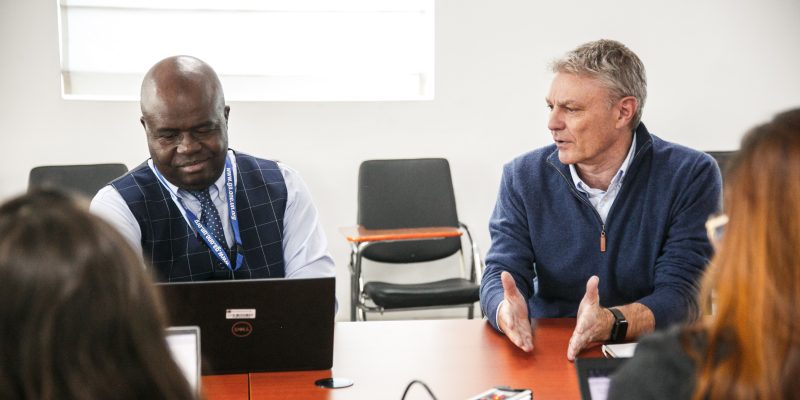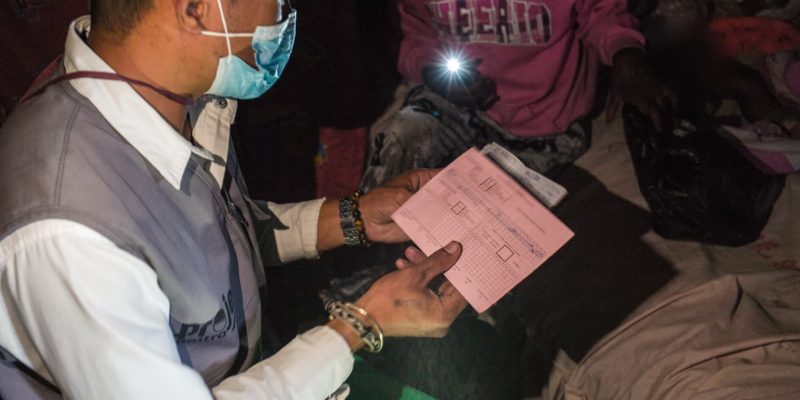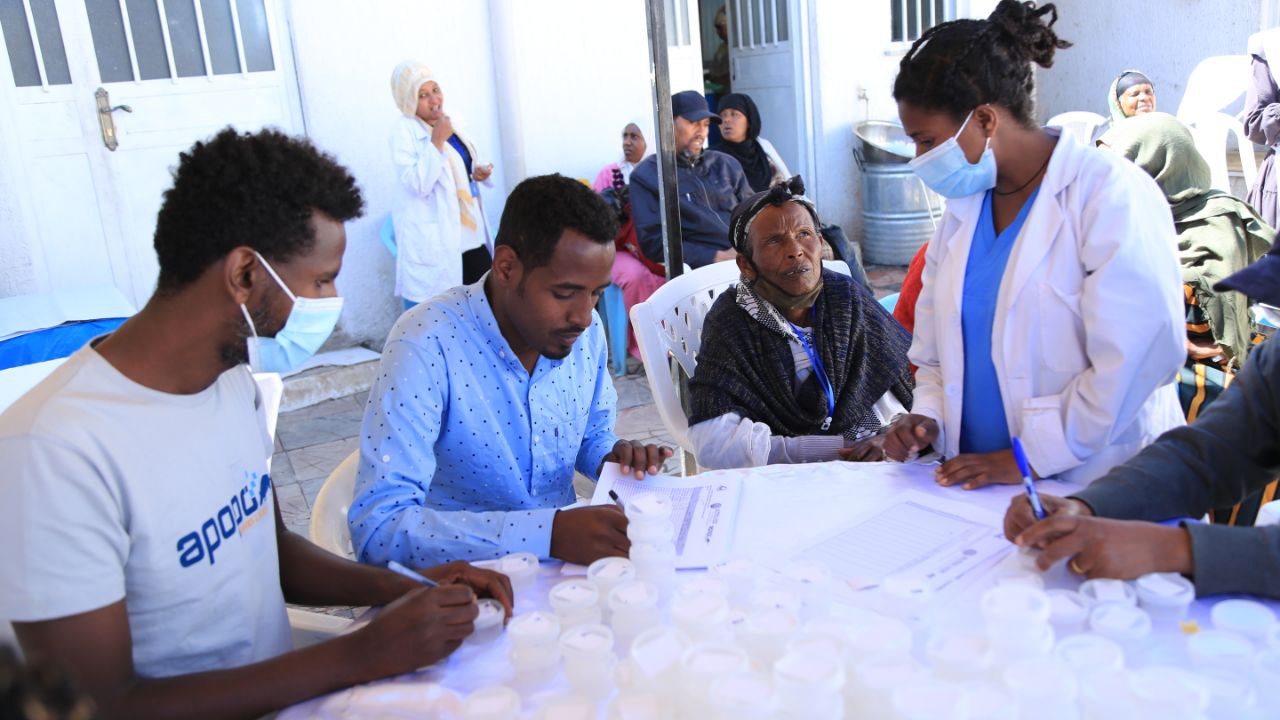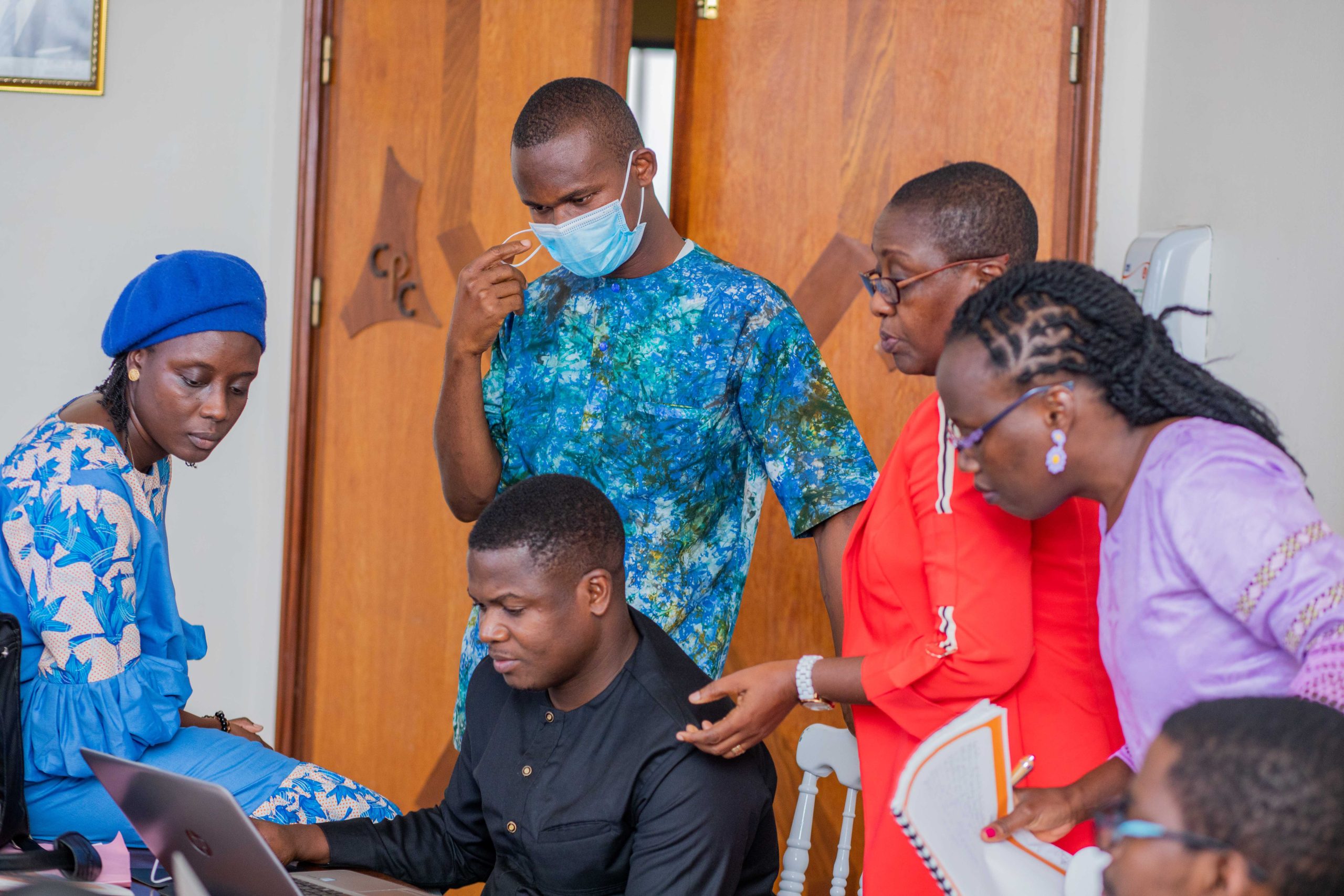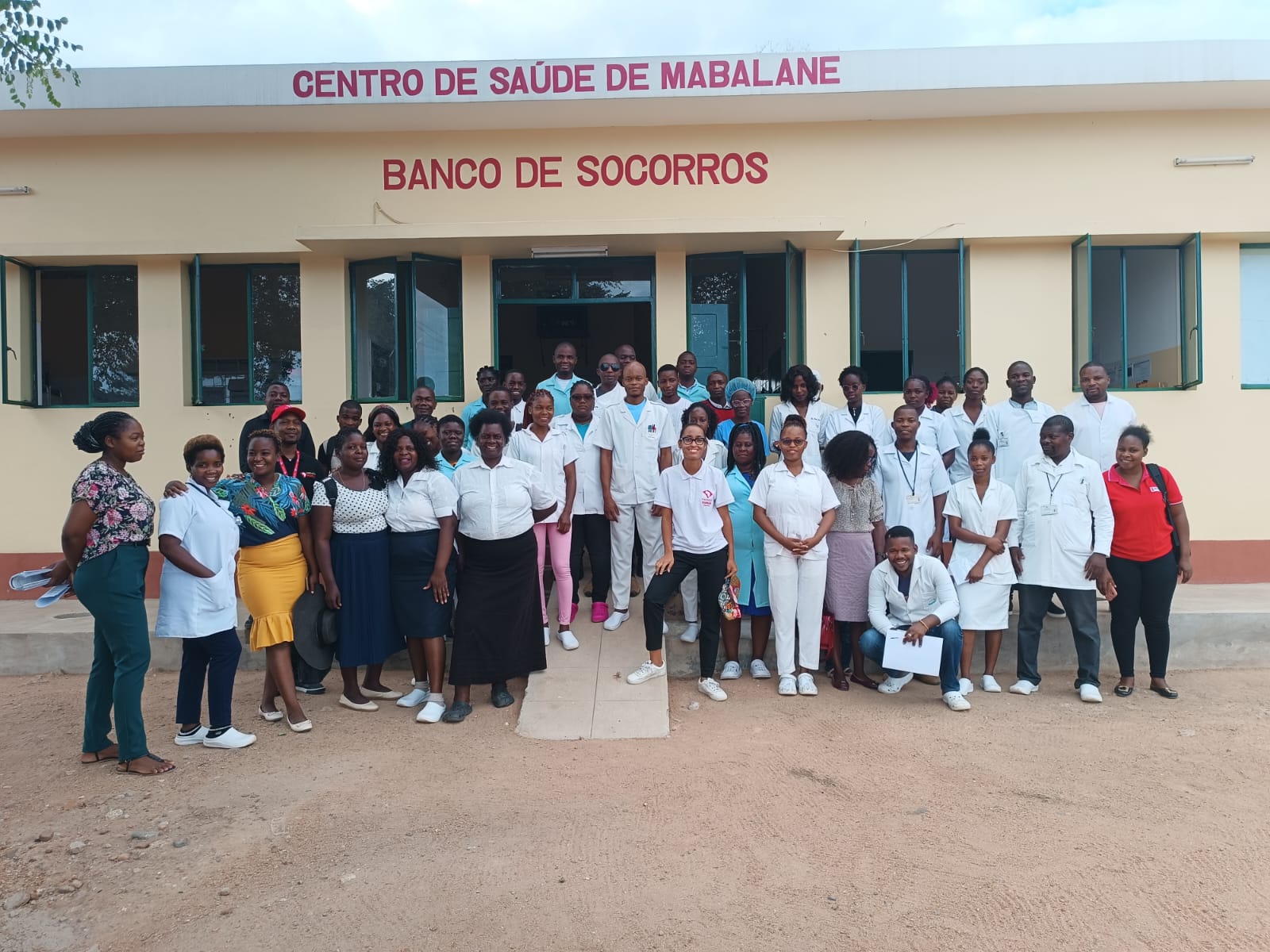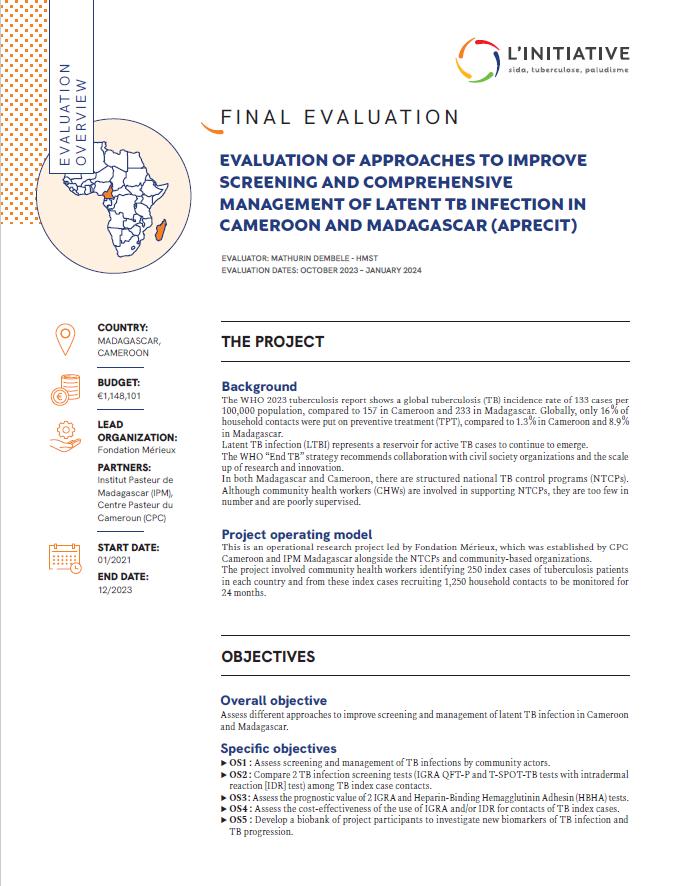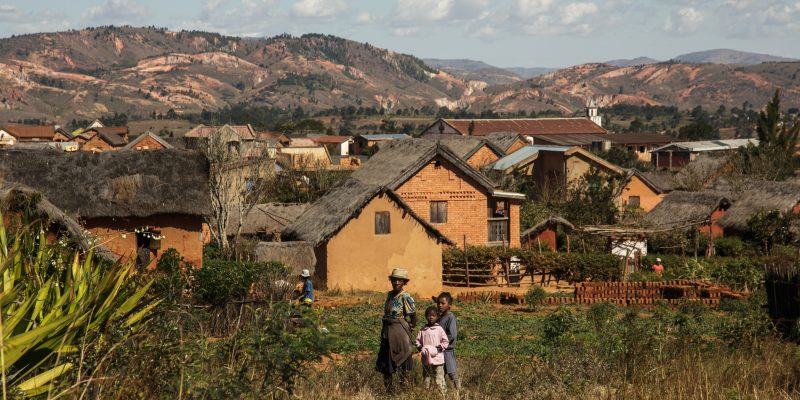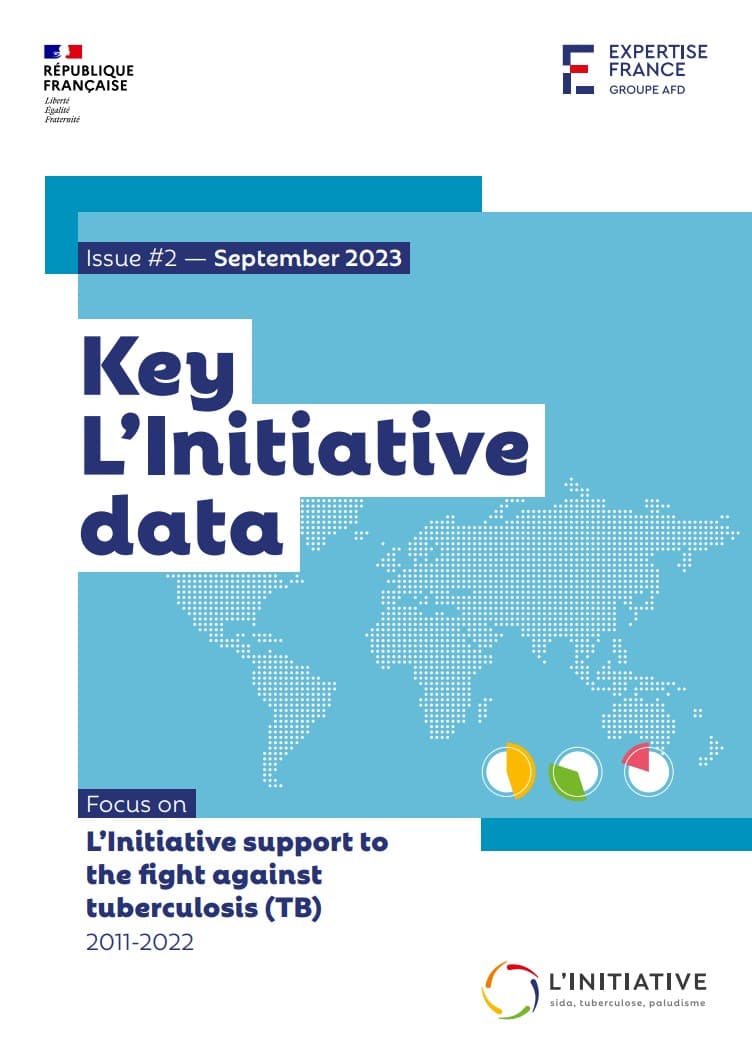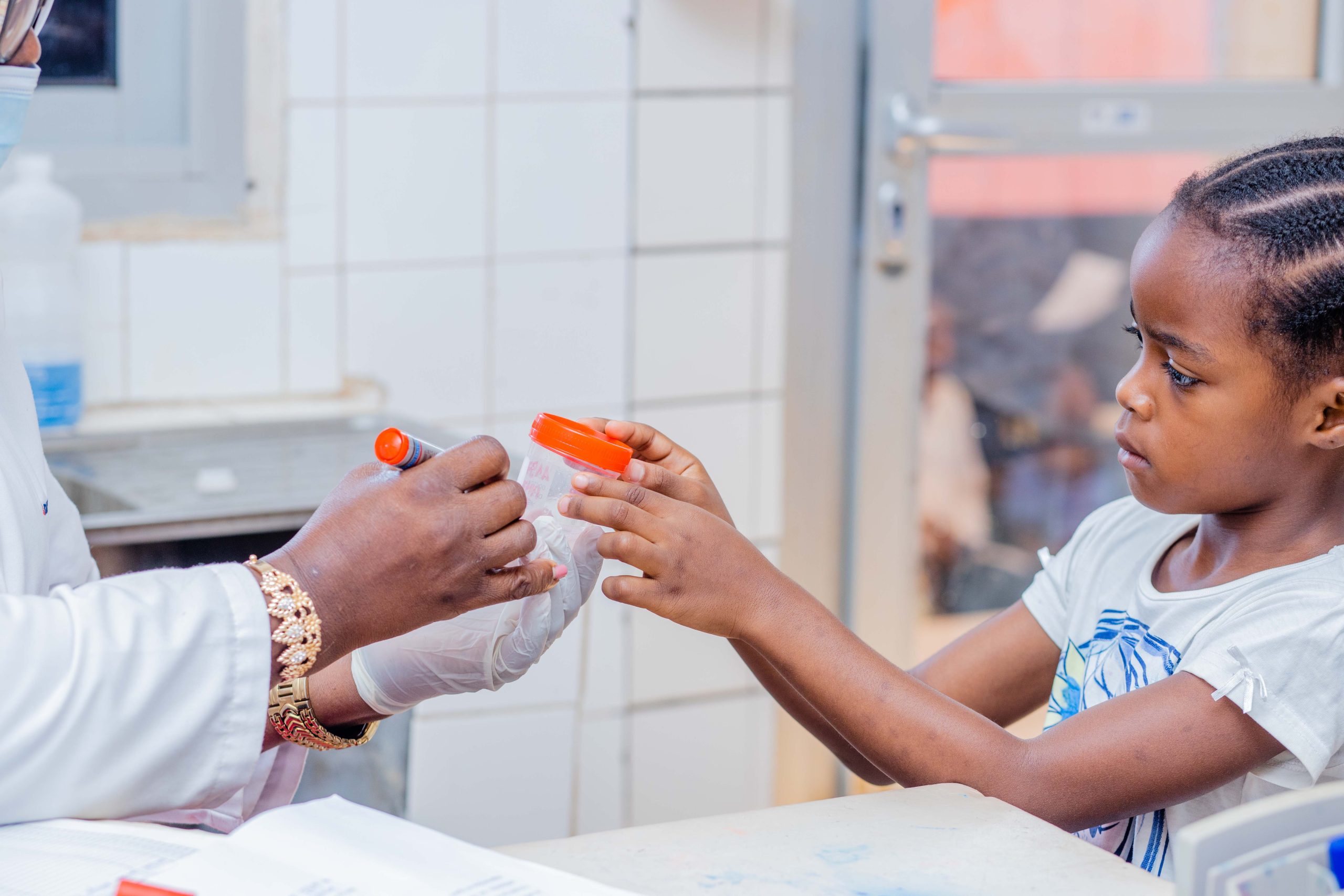The persistence of tuberculosis highlights a cruel paradox: despite the availability of effective treatments, the disease still claims over 1.25 million lives each year due to unequal access to diagnosis and healthcare services.
The WHO estimates that 8.2 million people contracted tuberculosis in 2023, out of 10.8 million estimated cases. Alarmingly, 3.1 million new cases go undiagnosed. In recent years, progress in the fight against tuberculosis has slowed, largely due to COVID-19 and the growing resistance of Mycobacterium tuberculosis to existing treatments. Now, more than ever, urgent action is needed to reverse this trend and move closer to the global goal of reducing tuberculosis-related deaths by 90% by 2035.
Supporting Partners in All Aspects of the Response
Between 2019 and 2025, L’Initiative has invested over €28.9 million in tuberculosis control. In 2024, 31% of ongoing projects and 21% of technical assistance initiatives include at least one tuberculosis-related component. L’Initiative is committed to all key areas of the fight against tuberculosis, including scientific research and therapeutic innovation; diagnosis and treatment of pediatric tuberculosis; improving healthcare access for marginalized populations; and strengthening capacity building in communities.
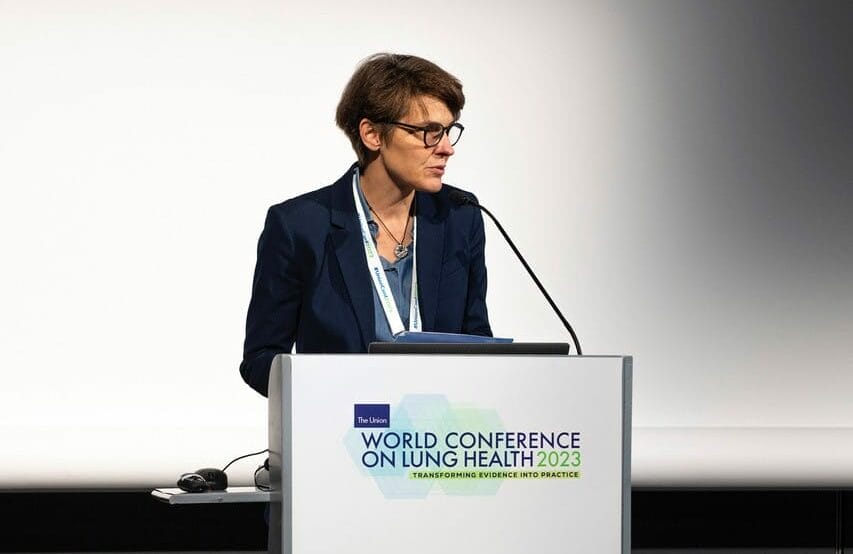
Supporting Operational Research
Since 2018, L’Initiative has launched two tuberculosis-specific calls for operational research proposals, complementing projects already funded through other initiatives. These efforts focus on prevention, screening, and treatment while prioritizing vulnerable populations at the heart of the response. Among the supported initiatives, Drive-TB, which aims to reduce tuberculosis among injecting drug users in Haiphong, Vietnam, and a project by the Armauer Hansen Research Institute, designed to implement and evaluate community-based tuberculosis interventions to detect and treat more cases in urban populations.
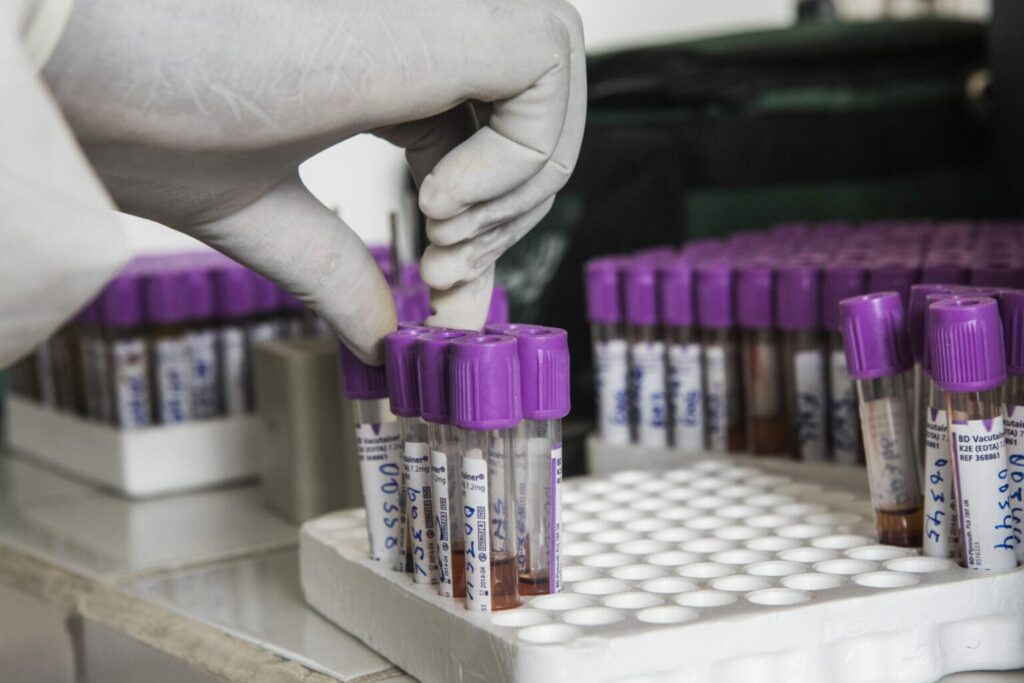
Addressing the Challenge of Latent Tuberculosis Infection
Tuberculosis is considered latent when a person infected with Mycobacterium tuberculosis does not show active disease symptoms. About one quarter of the world’s population carries this dormant form, and 5 to 10% will develop active tuberculosis in their lifetime. This population serves as a significant human reservoir for tuberculosis, making early detection and treatment strategies essential. L’Initiative supports research projects such as APRECIT, which aims to improve the screening and management of latent tuberculosis infection in Cameroon and Madagascar, or OPTICAM, led by the Institut Pasteur du Cambodge, which focuses on optimizing latent tuberculosis treatment for people living with HIV in Cambodia.
Investing in Pediatric Tuberculosis
In 2023, 1.3 million children contracted tuberculosis worldwide, according to WHO. Children are among the most vulnerable to this disease, making them a primary focus of action. Diagnosing tuberculosis in children is more challenging due to a lack of adapted tools. Children with latent tuberculosis face a higher risk of developing severe forms and spreading the disease to others. L’Initiative supports solutions to improve access to diagnosis and treatment for children, such as the Free TB Children project in Sierra Leone.
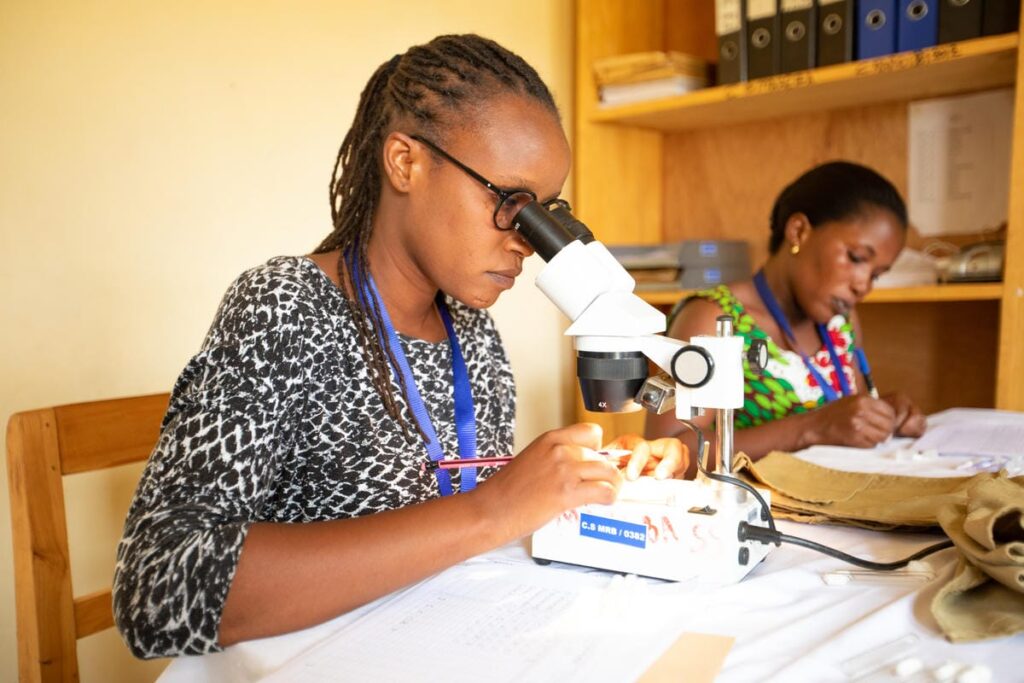
Enhancing Pediatric Diagnostic Protocols
To strengthen the response to the major challenge of pediatric tuberculosis, L’Initiative supports projects focused on new screening and treatment approaches, such as the TB-Speed project led by the University of Bordeaux. Another project led by Bordeaux’s university teams, eHealth4ChildTB, has been funded by L’Initiative since July 2024. Its goal is to improve the management of the disease in children by ensuring better implementation of WHO treatment recommendations.
Placing Communities at the Center of Our Actions
We support projects designed for and with populations most exposed to tuberculosis due to social or economic marginalization, including young women, prison populations, drug users, and migrants. By placing these communities at the heart of the actions, they actively contribute to the design, management, and evaluation of health services that directly concern them. In doing so, L’Initiative plays a significant role in improving their health and well-being.
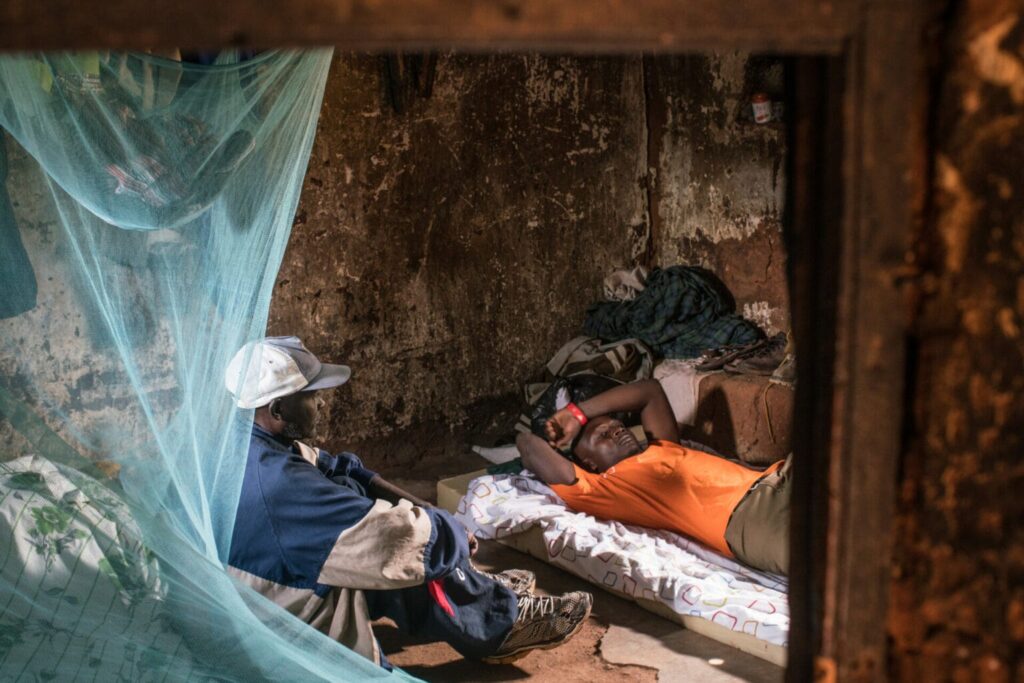
Improving Healthcare in Prisons in Madagascar
In Madagascar, as elsewhere, prisoners face limited access to healthcare. L’Initiative supports the MIARINA project, led by the Institut Pasteur de Madagascar, which aims to improve the comprehensive management of tuberculosis and HIV in prisons across the island. Operational since 2019 in four prisons, this project develops research programs on prison health strategies, adapted medical care, psychosocial support, and reintegration initiatives.
Strengthening Active Case-Finding in Burundi
The COVID-19 pandemic led to a decline in tuberculosis case notifications to health authorities worldwide. In Burundi, this challenge adds to an already significant gap between the number of screenings and the cases reported to WHO. In response, L’Initiative is supporting the country’s National Integrated Leprosy and Tuberculosis Program in its new strategy to improve tuberculosis healthcare services and screening among high-risk populations, including miners, fishermen, refugees, and prisoners. Authorities have placed community engagement at the heart of their approach.
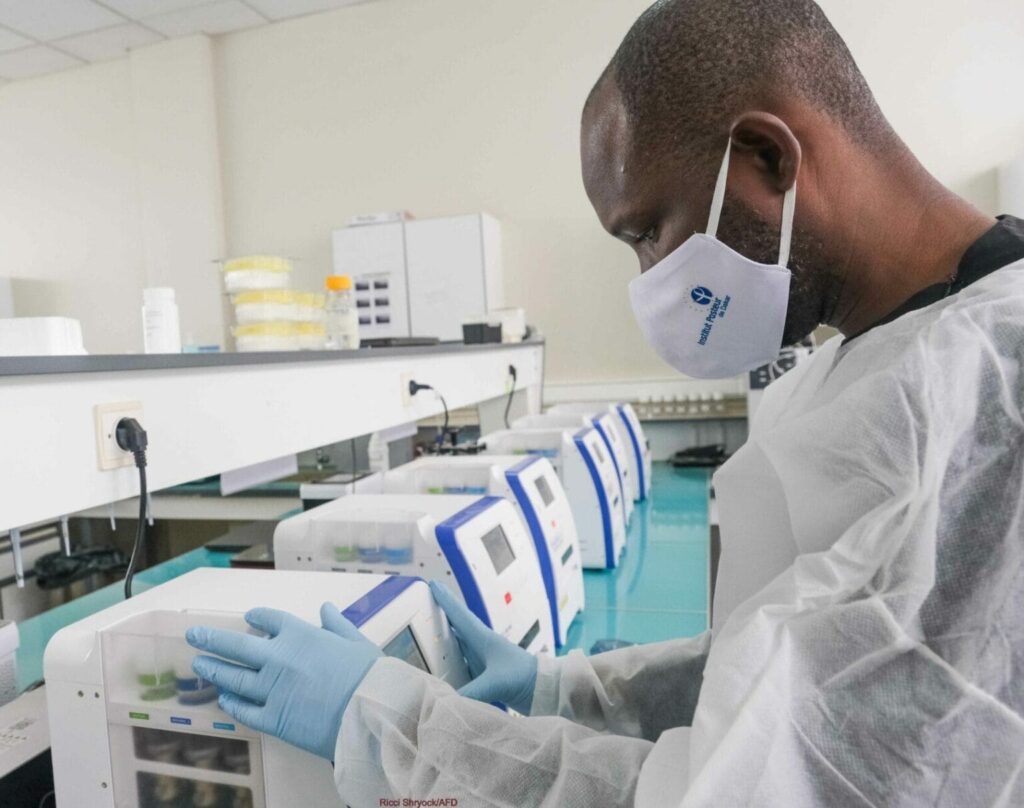
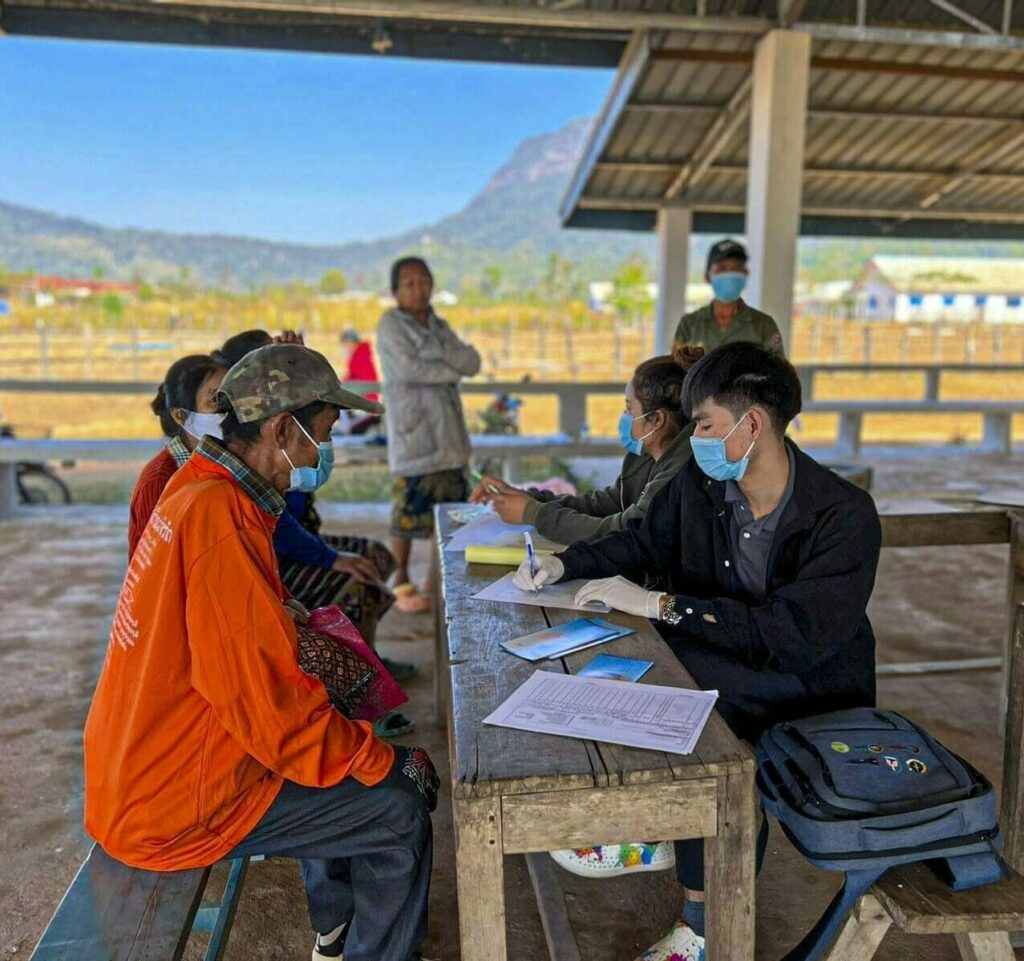
Raising Awareness and Engaging the Community in Laos
Southeast Asia accounts for the highest number of new tuberculosis cases globally, with 45% of cases recorded in 2023, and the highest mortality rate due to the disease. In this region, Laos faces a concerning situation, largely driven by a lack of information among the population, particularly in remote rural areas, regarding the disease and its symptoms.
Since July 2020, L’Initiative has been funding an active case-finding project implemented by the Community Health and Inclusion Association (CHIAs). Supported in a second phase, this project aims to identify missing patients, raise awareness, detect suspected cases, and improve access to tuberculosis screening and treatment in Savannakhet Province. It also seeks to provide preventive treatment to eligible at-risk children.


